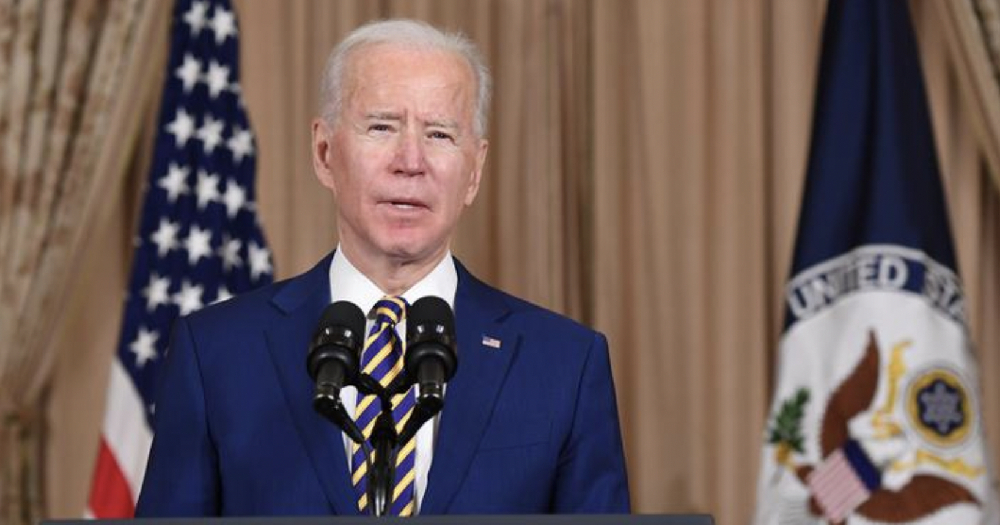Follow us on Telegram for the latest updates: https://t.me/mothershipsg
International non-governmental organisation Human Rights Watch has criticised U.S. President Joe Biden for sending "mixed signals" on human rights.
Mixed signals
In its annual report published on Jan. 13, Kenneth Roth, the Executive Director of the human rights advocacy group, pointed out that Biden had promised a foreign policy that would be "guided by human rights" when he initially took office.
However, the U.S. president "continued to sell arms to Egypt, Saudi Arabia, the United Arab Emirates, and Israel despite their persistent repression", Roth wrote.
Roth continued to raise several examples of Biden choosing to prioritise domestic challenges over the condemnation of human rights violations by other governments.
"A preoccupation with migration also led Biden to tread softly with Mexican President Andrés Manuel López Obrador despite his attacks on the media and judiciary and his Covid denialism."
He further said even though the U.S. State Department has "issued occasional protests about repression in certain countries", Biden's voice was "often missing".
"During key summits, Biden seemed to lose his voice when it came to public denunciation of serious human rights violations," he said.
For instance, while Biden met with Chinese President Xi Jinping and Russian President Vladimir Putin, he only said they had discussed "human rights" but failed to elaborate on the consequences should these leaders' acts of repression continued.
"The people of those countries (...) were left uncertain about the backing they had received," Roth said.
Courting non-democracies to counter China
Biden has described the competition between the U.S. and China as "a battle between the utility of democracies in the 21st century and autocracies".
However, in a bid to counter China's influence, he has courted non-democracies such as Vietnam due to their strategic importance vis-à-vis China, as well as India, despite the current government's troubling human rights record, which critics said include systemic discrimination against Muslims.
The Biden administration's list of invitees for the Summit for Democracy has also sparked controversy for including countries that have experienced democratic backsliding, such as the Philippines.
A country geographically close to China and facing growing Chinese influence, it has inched closer to the U.S. as well.
Besides being criticised as a gathering of countries solely to counter China, the summit's salience was called into question too, with critics questioning the outcome of the event, and even doubting the U.S.' own track record when it comes to upholding democratic values and protecting the human rights of its people.
Follow and listen to our podcast here
Top image via Saul Loeb/AFP/Getty Images
If you like what you read, follow us on Facebook, Instagram, Twitter and Telegram to get the latest updates.
